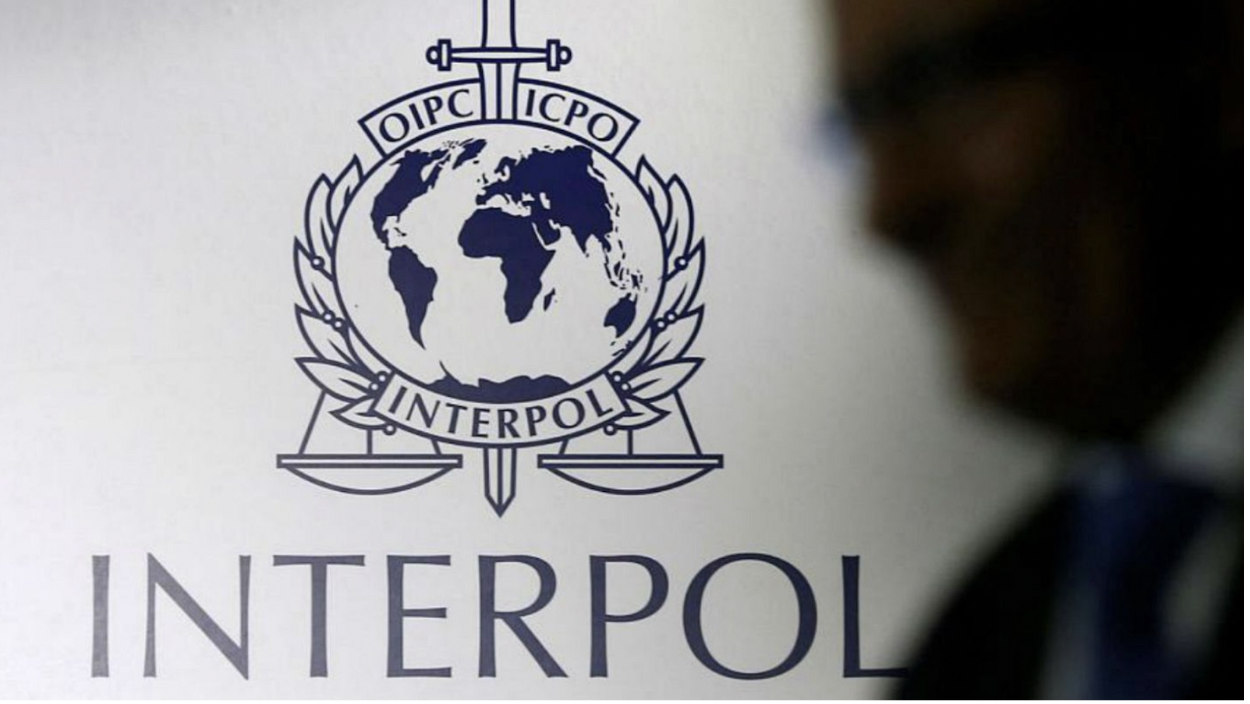INTERPOL
General Assembly
Welcome delegates to the INTERPOL General Assembly committee, where you will debate one of the most critical security issues facing the global community today: cybersecurity threats. As representatives of INTERPOL, you will explore the ways in which state-sponsored hackers operate and the damage they can cause, including the theft of valuable intellectual property, the disruption of essential infrastructure, and the interference with democratic processes.
You will debate and collaborate to develop measures to prevent and respond to these attacks, all the while balancing the interests and priorities of the diverse nations you represent. Through rigorous debate and collaboration, we hope to create a roadmap for future international cooperation in combating cybercrime and enhancing cybersecurity. Let us begin this important work together!
Topics of Debate:
Fighting cybercrime presents a multitude of challenges for INTERPOL as it navigates the complex landscape of global cybersecurity threats. One of the foremost challenges is the inherently transnational nature of cybercrime. Cybercriminals operate without regard to international borders, demanding coordinated efforts from INTERPOL and numerous countries to effectively track, apprehend, and prosecute these individuals.
Jurisdictional complexities further compound the fight against cybercrime, with differing legal systems and authorities across nations. INTERPOL must navigate these intricacies to ensure that law enforcement actions are both lawful and effective. Compounding these challenges is the rapid evolution of cyber threats. Cybercriminals adapt swiftly to new techniques and vulnerabilities, demanding a constant process of learning and updating for INTERPOL.
A lack of universally accepted international cybersecurity standards and regulations hampers the organization's efforts to combat cybercrime. Encouraging the development of such standards is crucial. Additionally, resource and capacity disparities among member countries pose a challenge, and INTERPOL works to bridge these gaps to ensure that all nations have the capacity to tackle cyber threats effectively.
The delicate balance between the need for cybersecurity and concerns related to privacy and data protection is another issue INTERPOL must address. It must ensure that its actions respect fundamental rights. Attributing cybercrimes to their perpetrators can be challenging due to the use of anonymity tools and techniques, making accountability an intricate endeavor.
The emergence of new threats, including vulnerabilities in the Internet of Things (IoT), AI-enhanced attacks, and quantum computing threats, adds further complexity. These emerging challenges require proactive preparation and response given that cybercriminals frequently operate on the darknet and employ encryption to shield their activities.
Delegates should consider these challenges when drafting resolutions to enhance international cooperation in combating cybercrime.

